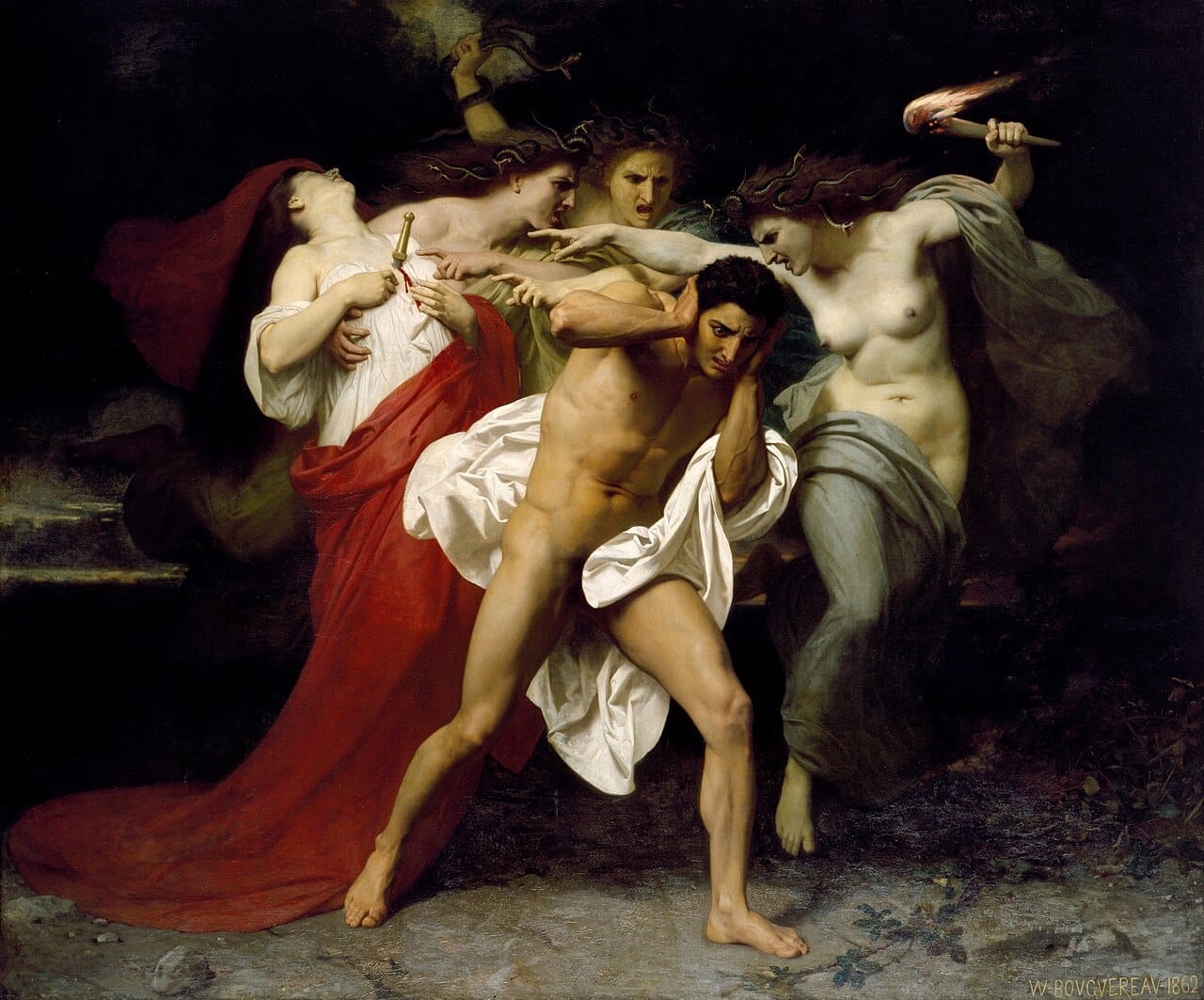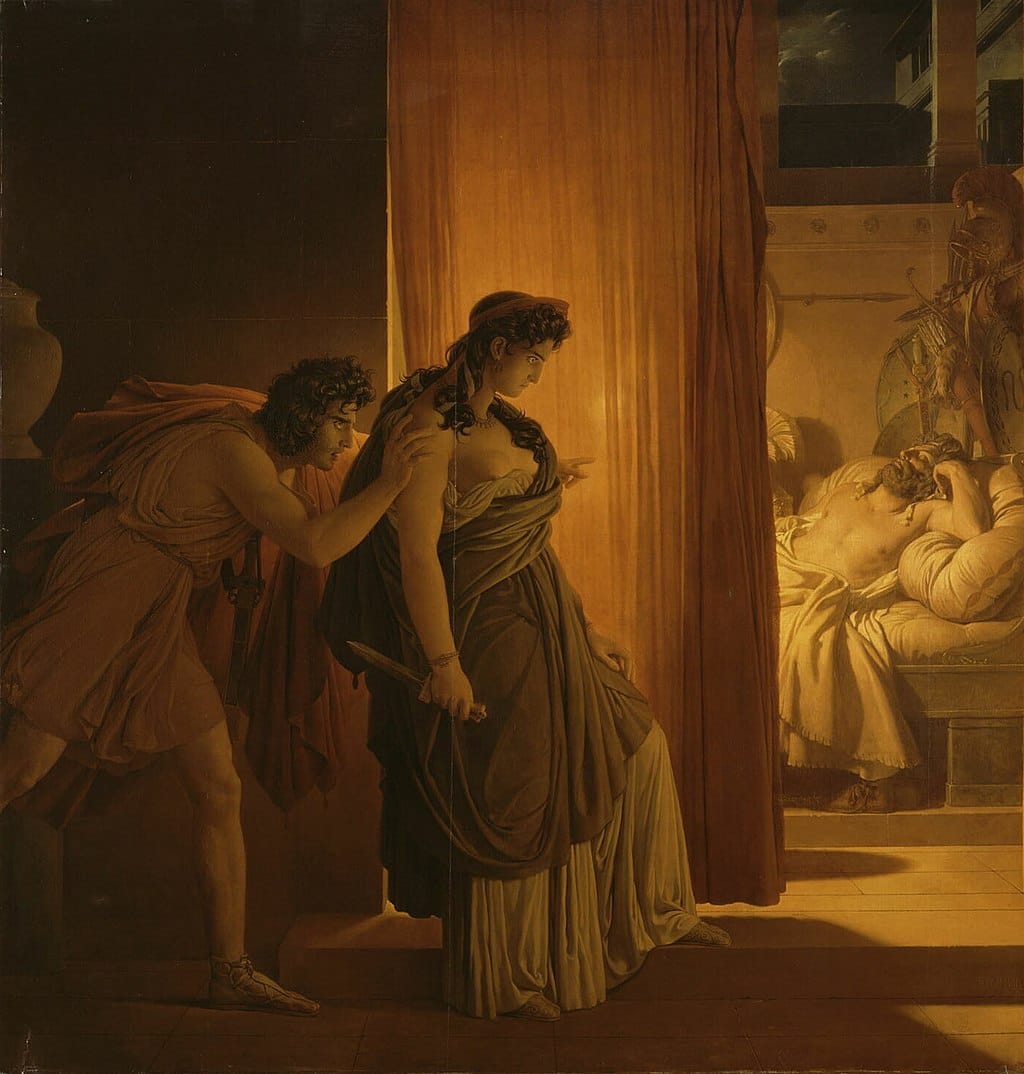Incest as an Artistic and Literary Theme

From Genesis to Nabokov, incest is inherently appealing to artists for its shock value. Sophocles and Freud, for example, exaggerated the Oedipus legend’s inherent risqué and tragic qualities for dramatic effect.
But the heyday for incest as a literary theme came with 19th century Romantics, where it fitted right in with other wild ideas about the relationship between sex and death. It was not so extraordinary at the time, it seems, with Byron, Chateaubriand (René), Poe (The Fall of the House of Usher) all living it for themselves or taking a crack at it in story.
Incest in fact remains an occasional ingredient in modern literature and filmmaking, from the relatively non-judgmental late Sixties -- Visconti's Sandra (Vaghe stelle dell'Orsa) in 1965 to Nabokov’s Ada or Ardor: A Family Chronicle (1969) and Louis Malle’s Murmur of the Heart (1971), to the steadily darker tone in Chinatown (1974), to subsequent arthouse and popular horror movies and music where it has evolved into a litany of victimhood. Today it is a rare work that shows incest as consensual or guilt-free or psychologically complex, with manga and anime such as Koi Kaze coming closest.
Up top is William-Adolphe Bougereau's Orestes Pursued by the Furies (aka The Remorse of Orestes) (1862), with Orestes being pursued by the Erinyes (the Furies) after killing his mother Clytemnestra (at left). He killed her for her part in killing Agamemnon, her husband and the father of Iphigenia, Electra and Orestes himself. The murder is shown below.

Did Agamemnon deserve to die at his wife's hand? Perhaps. The tales of Orestes' older sister Iphigenia would certainly encourage you to think so, since in the Greek myths and in Euripides, Agamemnon sacrifices Iphigenia to appease the goddess Artemis, so that the winds will carry his invasion fleet to Troy. This enrages her mother Clytemnestra and rightly so. It also has enraged other writers, including Racine and Goethe (and opera composer Gluck), since they have shown they were determined to save Iphigenia from the knife.
